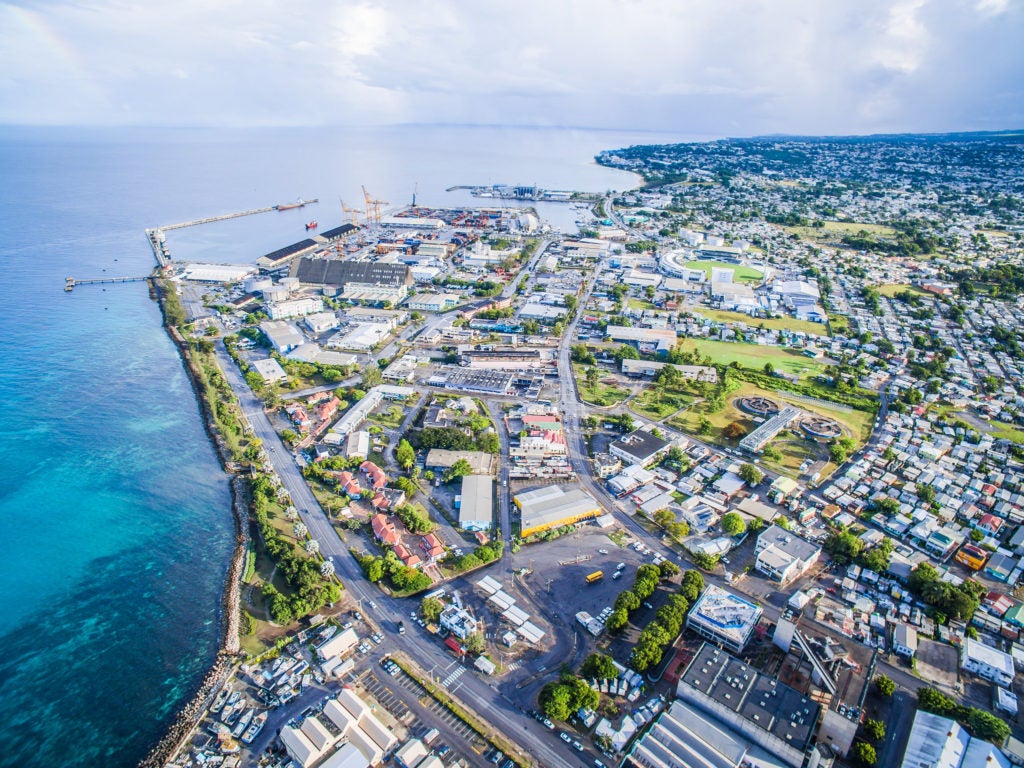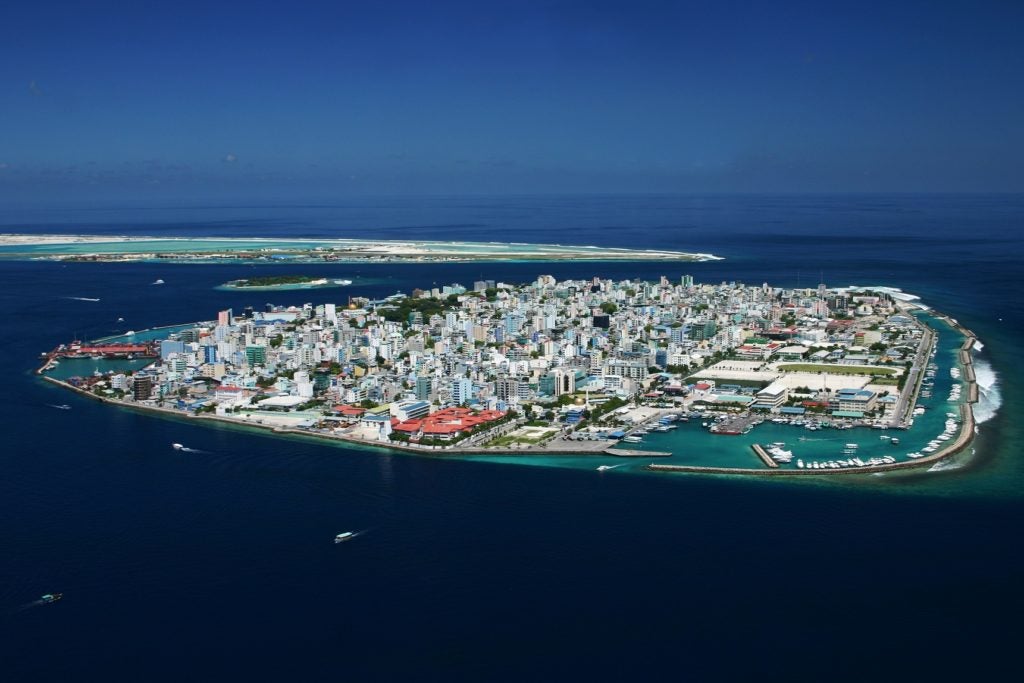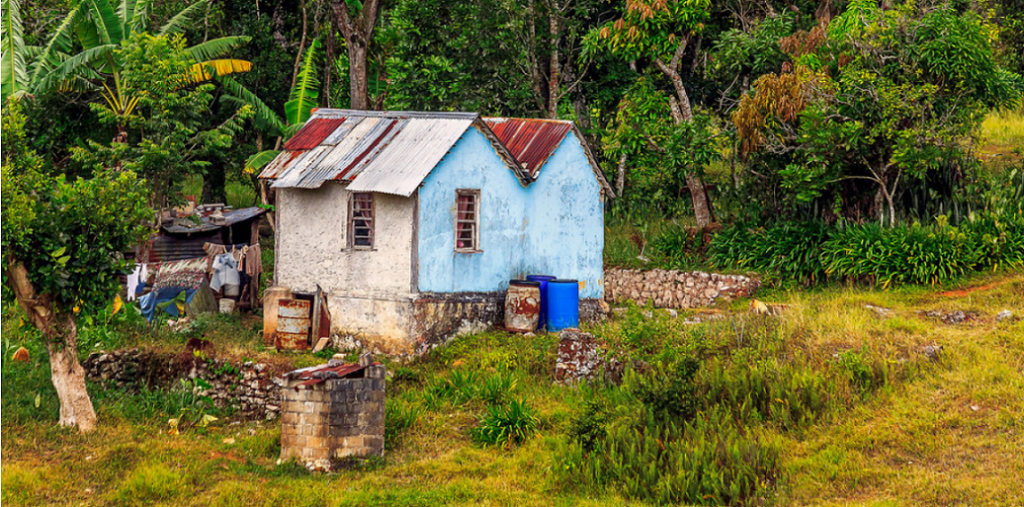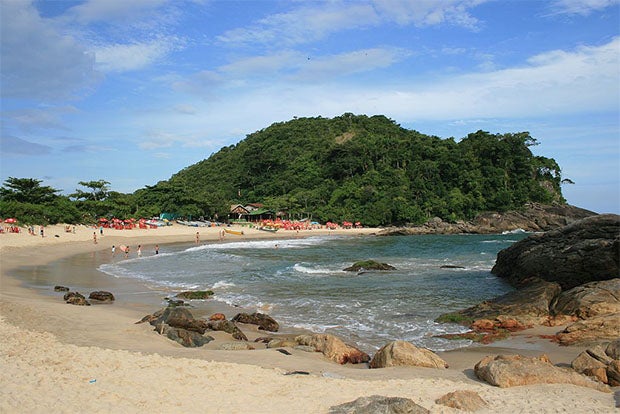Throughout most of urban history, humanity has used nature’s resources to build cities and to release carbon dioxide at a rate that was well within Earth’s budget. However, beginning in the early 1970s, unsustainable growth accelerated and today, humans are now using 1.7 times the amount of Earth’s resources. This means that by July 29th each year, we will have consumed more … [Read more...] about Caribbean Cities and the Sustainable Development Goals
Why Coastal Cities Need a Blue Urban Agenda
By Michael Donovan Consider the nation of Kiribati, an island nation with 110,000 residents spread out over 33 atolls and reef islands in the South Pacific. Within a century, the country could be underwater or “deterritorialized”. In response, Kiribati’s former President authorized in 2014 the purchase of 20 square kilometers of land on Fiji in case of a future mass … [Read more...] about Why Coastal Cities Need a Blue Urban Agenda
Caribbean Housing Is Expensive and Scarce. Here’s How to Change That
By Michael G. Donovan and Therese Turner-Jones This article first appeared as a Web Exclusive on April 20, 2017 for policy journal Americas Quarterly. Read the original piece here. The Caribbean is caught in a housing trap. The cost of living is high: building a house in Kingston is three times more expensive than in a typical Latin American city. This has left ten … [Read more...] about Caribbean Housing Is Expensive and Scarce. Here’s How to Change That
Five Takeaways from the Fifth Caribbean Urban Forum
The most important urban thinkers of the Caribbean recently convened in St. Lucia to discuss the future of cities in the region, during the Fifth Caribbean Urban Forum. For the first time, the IDB was an official sponsor of this event and has joined other international partners—the Organization of Eastern Caribbean States (OECS), the Caribbean Local Economic Development … [Read more...] about Five Takeaways from the Fifth Caribbean Urban Forum
The best beaches in Latin America: development and conservation
Carlos Argentino, one of the classic interpreters of tropical music, used to sing, “Life is more fun in the sea.” And it's true that beaches in Latin America and the Caribbean are among the best in the world. They are public spaces that bring together all of society, and many of them contribute to the preservation of the environment and the economic development of their … [Read more...] about The best beaches in Latin America: development and conservation




